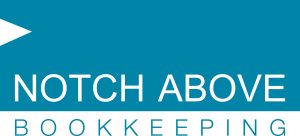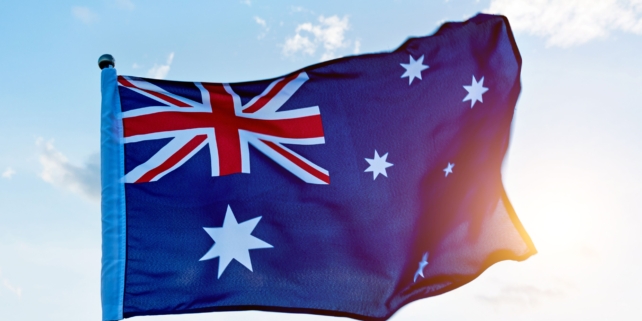Get Set for Significant Changes from January 2024
Australia’s Nationwide Changes in 2024
A Comprehensive Overview of Reforms and Impacts
From 1 January 2024, several changes have been implemented across the nation, bringing a mix of positive and negative impacts for various segments of the population.
New ‘Global Minimum Tax’
Australian-based subsidiaries of major multinational corporations are now subject to a minimum tax rate of 15%, marking a significant development in the ongoing efforts of the OECD to modernise the global business taxation framework.
$60 Toll Cap in NSW
NSW motorists using toll roads will face a weekly toll cap of $400, with a $60 maximum spend on tolls. The two-year trial, a key election promise of the Labor government, began on 1 January 2024, with rebates issued through Service NSW from April 2024.
Second Home Tax Hike Victoria
Victorians owning more than one home will experience a 10-year increase in taxes, introduced as a “temporary” measure to aid the state in paying down its Covid debt. Land tax changes, announced in May 2023, will impact roughly 860,000 landowners, with increased taxes based on land values.
Welfare Payments Increase
More than 936,000 Australians receiving youth, student or carer support will now experience a 6% boost in their payments due to indexation. This increase will positively impact various categories, including Youth Allowance, Austudy, Disability Support Pension for those under 21, and Carer Allowance, providing additional financial support to over 600,000 carers.
Easier for Seniors to Work
Seniors and veterans looking to work will experience a permanent increase in the Work Bonus limit by $4,000, from $7,800 to $11,800. This change allows pensioners to earn more income before their pension payments are affected.
Free Kindy in Queensland
Parents in Queensland have access to free kindergarten, providing cost-of-living relief for an estimated 50,000 additional families. This initiative, announced under former QLD Premier in June’s state budget, is set to cost the state $645 million over four years.
Disposable Vape Crackdown
In what is deemed the “toughest laws” globally, the importation of all disposable vapes containing nicotine was prohibited from 1 January 2024. The initiative aims to address the smoking and vaping habits of over 3.5 million Australians aged 14 and older, according to research released by Cancer Victoria in June.
This move, part of the most significant smoking reforms in a decade, restricts non-prescription vaping products. Only pharmaceutical vapes prescribed by a doctor and dispensed through a pharmacy will be legally permitted, with stringent limitations on packaging, flavours and potential extensions of workplace smoking bans to vaping.
$200 Help to Beat ‘Bin Tax’ Brisbane
Brisbane households can access a $200 rebate for installing insinkerators and waste dehydrators as part of the council’s Towards Zero Waste strategy. The initiative aims to help residents avoid the state government’s increased “bin tax” waste levy.
New Home Gas Ban Victoria
From 1 January 2024, new homes built in Victoria are prohibited from connecting to natural gas. This measure, introduced by former Victorian Premier Daniel Andrews, aims to lower annual energy bills by up to $1,000 while reducing household emissions. Incentives, such as solar panel rebates and interest-free loans for household batteries, will be provided to encourage the adoption of all-electric solutions.
Plastic Bags Banned, Again
Heavyweight plastic bags greater than 35 microns in thickness are banned in the ACT. This marks the next phase of the territory’s crackdown on single-use plastics, following the banning of various other plastic items.
All measures commenced from 1 January 2024. Looking for a Xero Certified Bookkeeper in Brisbane? Are you drowning in paperwork? Cash flow problems keeping you awake at night? Learn how Notch Above Bookkeeping can solve all these problems here or call us on 1300 015 130.


